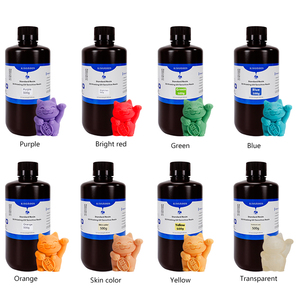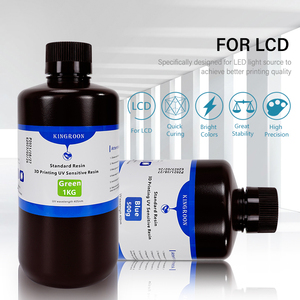Bayer Polymers: Introduction to Versatile Materials
Bayer polymers, renowned for their remarkable versatility and performance, play a critical role in various industries, including automotive, construction, healthcare, and consumer goods. These high-quality materials are synthesized through innovative chemical processes that allow for a range of properties tailored to meet specific application needs. Bayer Polymers derive their reputation from consistent quality, sustainability, and superior functionality, making them an invaluable resource for manufacturers and engineers around the globe.
Types of Bayer Polymers and Their Applications
Bayer produces a wide variety of polymers, each designed for specific applications. Some of the most notable types include:
- Polycarbonate: Known for its high impact resistance and optical clarity, polycarbonate is commonly used in eyewear lenses, safety glasses, and transparent barriers.
- Polyurethane: This versatile polymer serves in applications ranging from flexible foams for furniture and automotive interiors to rigid foams for insulation.
- Polyamide (Nylon): With excellent strength and chemical resistance, polyamide is widely used in textiles, automotive parts, and electrical applications.
- PVC (Polyvinyl Chloride): PVC is favored in construction due to its durability and resistance to environmental factors, utilized in plumbing, wiring, and window frames.
These Bayer polymers revolutionize how products are designed and manufactured, enabling engineers to create innovative and sustainable solutions.
Features and Advantages of Bayer Polymers
Bayer polymers stand out due to their unique features and advantages that provide significant benefits across various sectors:
- Durability: Bayer polymers exhibit superior resistance to wear and tear, UV rays, and chemicals, ensuring longevity in harsh environments.
- Lightweight: Many Bayer polymer products are lighter than traditional materials without sacrificing strength, making them ideal for applications demanding weight reductions.
- Customization: The ability to modify the properties of Bayer polymers allows for tailored solutions that meet specific customer requirements and performance standards.
- Sustainability: Bayer’s commitment to sustainable practices ensures that many of their polymer products are recyclable and manufactured with a lower environmental impact.
- Cost-Effectiveness: By optimizing performance and lifespan, Bayer polymers often reduce the overall costs related to material usage and product lifecycle.
How to Choose Bayer Polymers for Your Project
Selecting the right Bayer polymer for your project involves careful consideration of several factors. Here are essential tips to guide your choice:
- Application Requirements: Define the specific requirements of your project, including mechanical properties, chemical exposure, and thermal resistance.
- Environmental Factors: Consider the environmental conditions the polymer will be exposed to, such as moisture, temperature fluctuations, and UV exposure.
- Regulatory Compliance: Ensure that the chosen polymer meets industry-specific regulations and standards relevant to your application, particularly in sectors like healthcare and food packaging.
- Cost Constraints: Evaluate the budget for your project, balancing performance needs against material costs to find a suitable option.
- Consultation and Sample Testing: Whenever possible, consult with Bayer representatives for expert insight and request samples for testing to ensure suitability prior to large-scale production.
By carefully analyzing these aspects, you can confidently choose the right Bayer polymers that align with your project's objectives and performance expectations.




















































